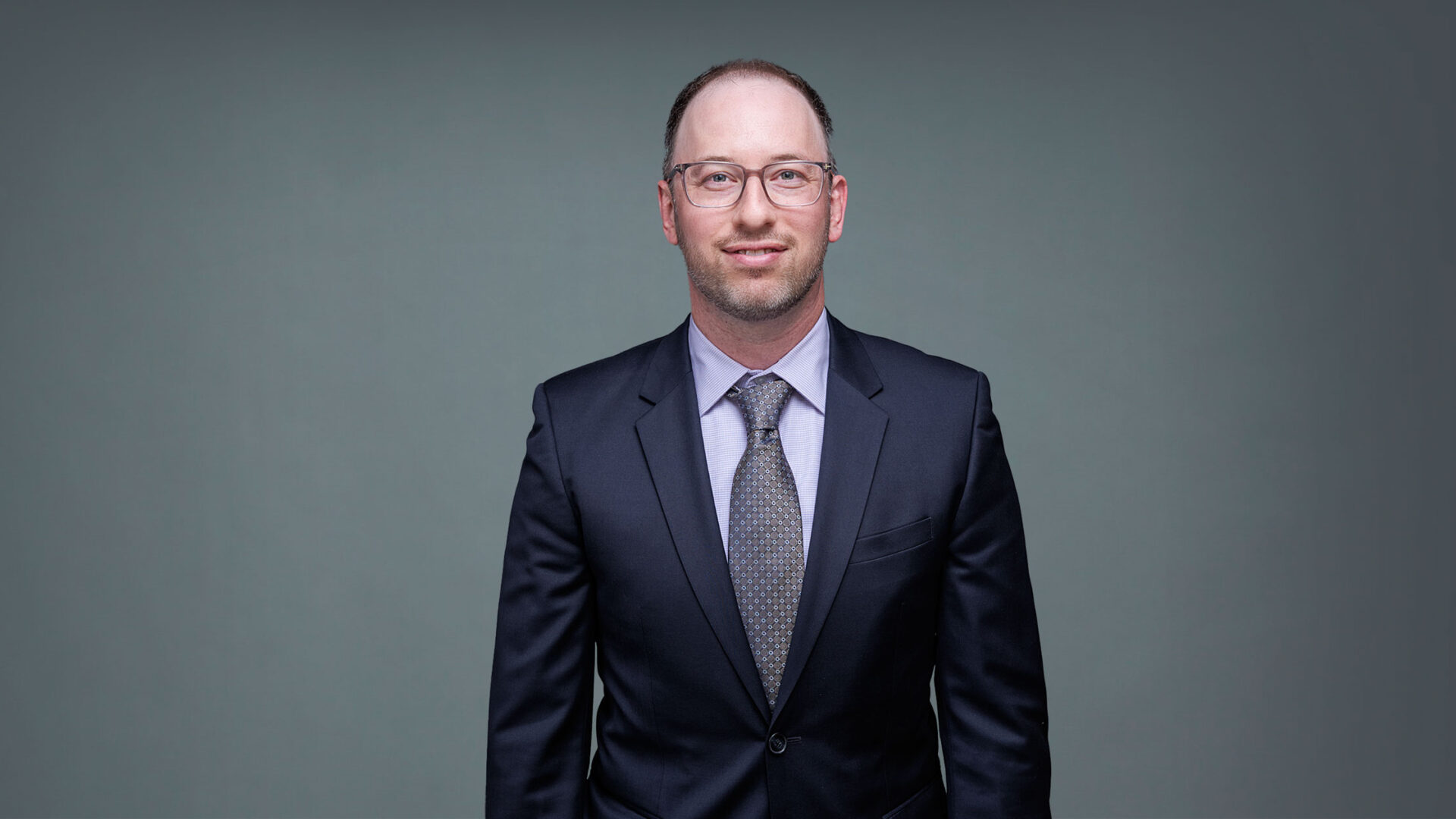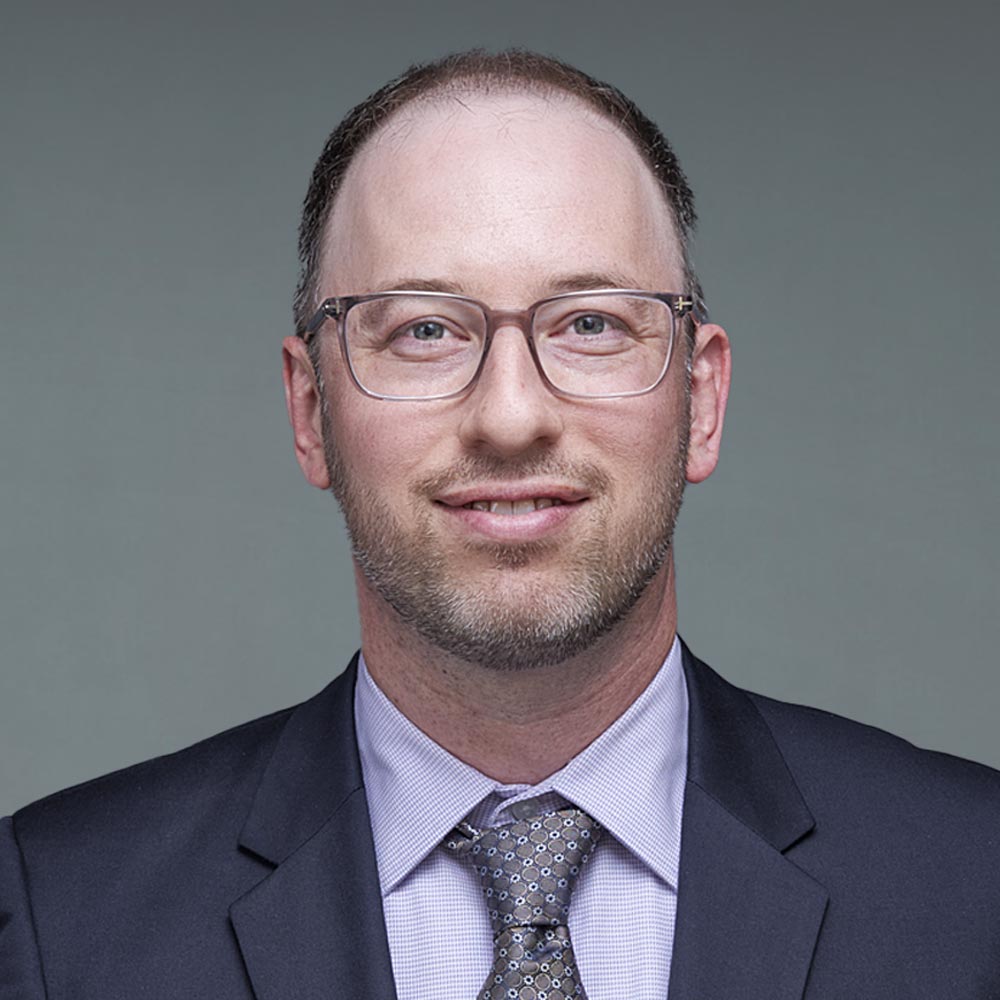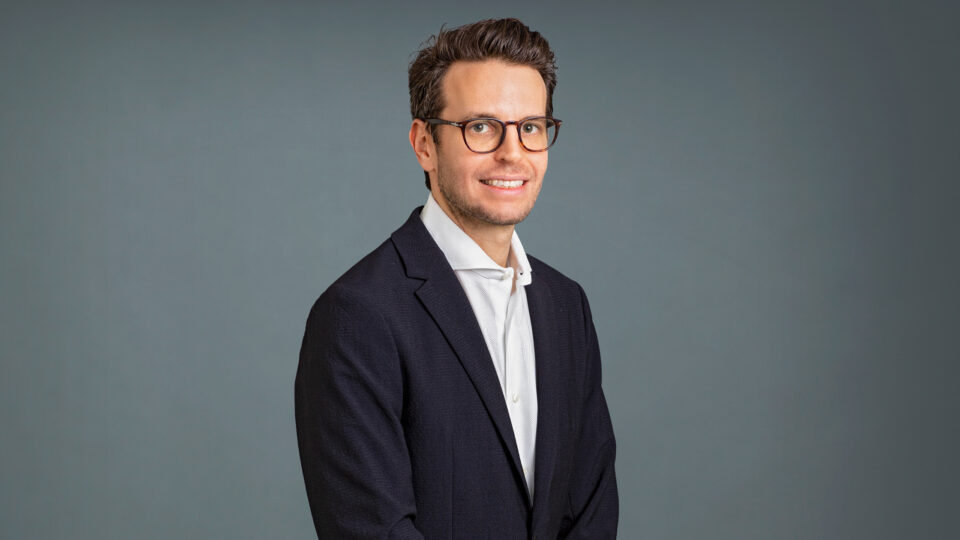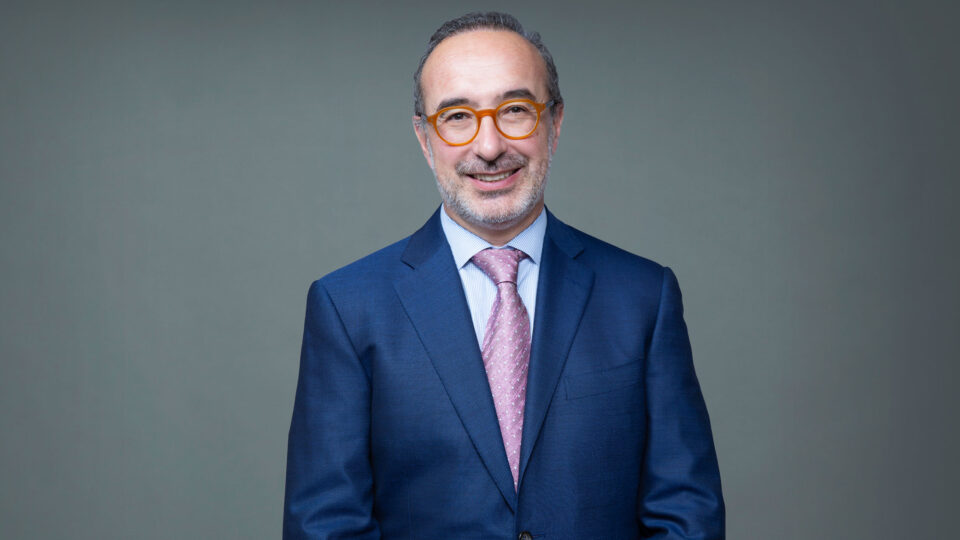Gary B. Deutsch, MD, MPH, a respected surgeon and expert in treating hepatobiliary and gastrointestinal cancers, was recently named chief of the Division of Surgical Oncology at NYU Langone Hospital—Long Island. Specializing in complex robotic procedures, he will serve as director of the hospital’s Robotic Surgical Oncology Program.
Alongside his clinical expertise, Dr. Deutsch brings a passion for education and research to his leadership role in the division, which is part of Perlmutter Cancer Center. He was the founding program director of a surgical oncology fellowship program at his previous institution, having also served as program director for a general surgery residency, and has spearheaded innovative studies using smartwatches for surgical self-assessment.
In this discussion, Dr. Deutsch reflects on his career transition and outlines his leadership goals, emphasizing that his primary driving force is to reduce the burden of surgery on patients.
Drawn to the Benefits of Robotics
Physician Focus: Dr. Deutsch, can you tell us more about your surgical expertise and how you came to specialize in minimally invasive procedures?
Dr. Deutsch: I’m board-certified in complex general surgical oncology, but I’ve developed a particular interest and expertise in robotic and minimally invasive approaches, especially for complex hepatobiliary and pancreatic cancers, and gastrointestinal malignancies.
Early in my career, I became focused on finding ways to reduce the toll that cancer surgery can take on patients. Rather than just aiming to remove the tumor, I started exploring—alongside others in the field—how we could do these procedures in a less invasive way, using robotic technology. I loved pushing the envelope, using robotics for surgeries that were traditionally done with a large open incision. The difference in patient outcomes and recovery times between open and minimally invasive approaches is truly remarkable.
“I loved pushing the envelope, using robotics for surgeries that were traditionally done with a large open incision.”
Gary B. Deutsch, MD, MPH
Ultimately, I advanced to performing the most intricate surgeries, becoming a specialist in complex robotic surgeries, like the Whipple procedure for pancreatic cancer.
Returning Home
Physician Focus: What drew you to this new role at NYU Langone Hospital—Long Island?
Dr. Deutsch: I actually have a long history with this hospital. Growing up in East Meadow on Long Island, I volunteered here during my teenage years, back when it was Winthrop Hospital, before merging with NYU Langone. I’ve always held the hospital in high regard; it’s a special place with a long-standing history, an esteemed reputation within the local community, and a dedicated patient base spanning generations.
Throughout my career, I kept an eye on the great things happening at NYU Langone, so when the opportunity became available to lead the Division of Surgical Oncology here, it seemed like the perfect fit—I jumped at it.
With NYU Langone’s academic backing, research resources, and Comprehensive Cancer Center designation from the NCI—combined with its commitment to high-quality care and innovation—I saw an incredible opportunity to further elevate the level of cancer care on Long Island. It’s a chance to build on the strong foundation laid by my outstanding predecessors, Dr. Megan D. Winner and Dr. John D. Allendorf, and pursue my passion for innovative, minimally invasive surgical approaches and reducing the burden of treatment for cancer patients.
“One initiative I’m eager to expand is the Home Hospital Program. It has the potential to further reduce the burden of surgery.”
One initiative I’m eager to expand is the Home Hospital Program. The program allows carefully selected patients to recover in the comfort of their own homes, with close monitoring and support from the hospital. To my knowledge, no other hospital in New York offers this. I believe select patients who have undergone minimally invasive cancer surgery would greatly benefit from this approach. It has the potential to significantly enhance the patient experience and further reduce the burden of surgery.
Priorities as Chief
Physician Focus: What are your priorities as the new division chief?
Dr. Deutsch: A big focus for me will be expansion of education and research. I’m passionate about training the next generation of surgical oncologists, and I’m eager to build on my experience directing surgical training programs at my previous institution—those experiences helped shape my view of what modern surgical education looks like. I see a lot of opportunities to attract top talent to the field of surgical oncology and support them through their training.
On the research front, I plan to be very active by involving Long Islanders in the ongoing trials at NYU Langone and by opening new national trials at our site. I have had great success with clinical trials in the past. Although surgical oncologists usually find their place in the operating room, I believe there is significant value in having a surgical oncologist actively involved in the advancement of science.
Filling the Self-Assessment Gap
Physician Focus: You’re also leading pioneering research using Apple Watches to objectively measure surgical performance. Can you tell us more about this?
Dr. Deutsch: I realized early in my career that mastering safe robotic surgery requires extensive experience, mentorship, and objective feedback. At that time, there were no effective tools for assessing surgical performance. Typically, the success of a surgery was judged by the patient’s outcome. While this is important, I felt it was necessary to have a more nuanced evaluation method.
To address this gap, I secured funding to conduct a novel study using Apple Watches to measure wrist movements during robotic surgery. By analyzing this data, we aimed to identify potential improvements and provide actionable feedback to surgeons. This pilot study has yielded promising preliminary data, which will be presented at the American College of Surgeons Clinical Congress in October.
I am very excited about these findings and hope to continue similar research here. Surgeons need to have robust self-assessment tools, much like other professions, so we can continue to improve the surgical quality we provide. Although leaders at a national level, including the American College of Surgeons, are exploring this area, there is still no standardized, efficient, and affordable method to provide surgeons with concrete feedback on their performance.
Bonding with Patients
Physician Focus: Is there anything else you’d like to share about your approach to patient care and the values you bring to your practice?
Dr. Deutsch: One of the things I’m most proud of is the deep connections I’m able to form with my patients. Patients with cancer are often experiencing one of the most vulnerable points in their lives. They’re not only looking for someone who has the skill set to help them get better, but they’re also looking for someone they can trust and form a bond with.
“I’ve been told by patients that I treat them like family—I will never forget receiving that feedback, because it’s exactly what I strive to do.”
I’ve been told by patients that I treat them like family—I will never forget receiving that feedback, because it’s exactly what I strive to do. I believe that patients who feel that level of support will fare better in their tough battle with cancer. That human connection is something I’ll continue to prioritize as I take on this new leadership role.






